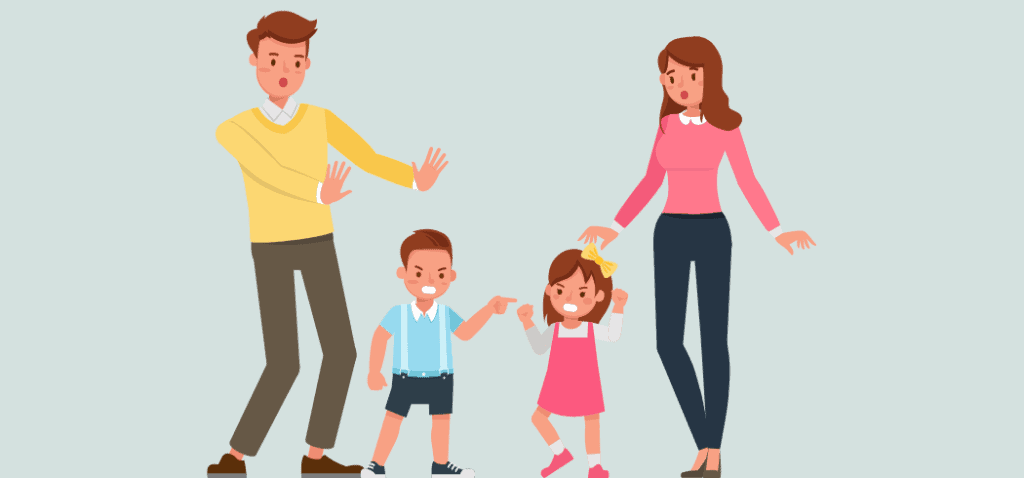What springs to mind when you hear the common phrase “the apple doesn’t fall far from the tree”? This popular saying typically means that children inherit some of the same traits as their parents. But where did this phrase come from?
And what does it mean in its original context? This blog post will explore the origin and meaning of “the apple doesn’t fall far from the tree.” Keep reading to learn more!
What Does the Phrase “Apple Doesn’t Fall Far From the Tree” Mean?

The expression “the apple doesn’t fall far from the tree” is often used to describe how children tend to inherit the characteristics of their parents. This saying usually points out the similarities between a parent and child, whether physical or personality traits.
For example, if a child has the same eye color as their parent, it might be said that “the apple didn’t fall far from the tree.”
Alternatively, someone might say they take after their mother or father if a child exhibits the same shy personality as their parent. In short, this phrase is generally used to describe how children are often similar to their parents in one way or another.
Origin of the Phrase “Apple Doesn’t Fall Far From the Tree”
In 1839, Ralph Waldo Emerson was credited with making the first known usage of the phrase in the United States. However, an old German proverb inspired him, and its English translation would be, “As men say, the apple never falls far from the stem.”
How to Use the Phrase “Apple Doesn’t Fall Far From the Tree in a Sentence”
The popular phrase often describes how children can inherit traits from their parents. For example, if a child is raised in a family of artists, the child will likely be creative.
This phrase can also be used to describe how children can learn habits from their parents.
For example, if a child sees their parent smoking cigarettes, the child is more likely to pick up the habit. While this phrase is typically used to describe positive traits, it can also describe negative traits.
Examples of Apple Doesn’t Fall Far From the Tree in Sentences
Here is how to properly use the phrase “the apple doesn’t fall far from the tree” in a sentence.
- Little Timmy wanted to become a doctor like his father from a young age, proving the apple doesn’t fall far from the tree.
- You’re stubborn, just like your mother! I suppose the apple doesn’t fall far from the tree.
- The apple doesn’t fall far from the tree because I became a writer like my mother.
Alternatives to Apple Doesn’t Fall Far from the Tree
- Like father, like son.
- Like mother, like daughter.
- Two peas in a pod.
Final Words
The expression “the apple doesn’t fall far from the tree” is often used to describe how children tend to inherit the characteristics of their parents. It originated in 1839 with Ralph Waldo Emerson in the United States, but it seems to have been inspired by an old German proverb. I hope this quick guide helped explain that!
